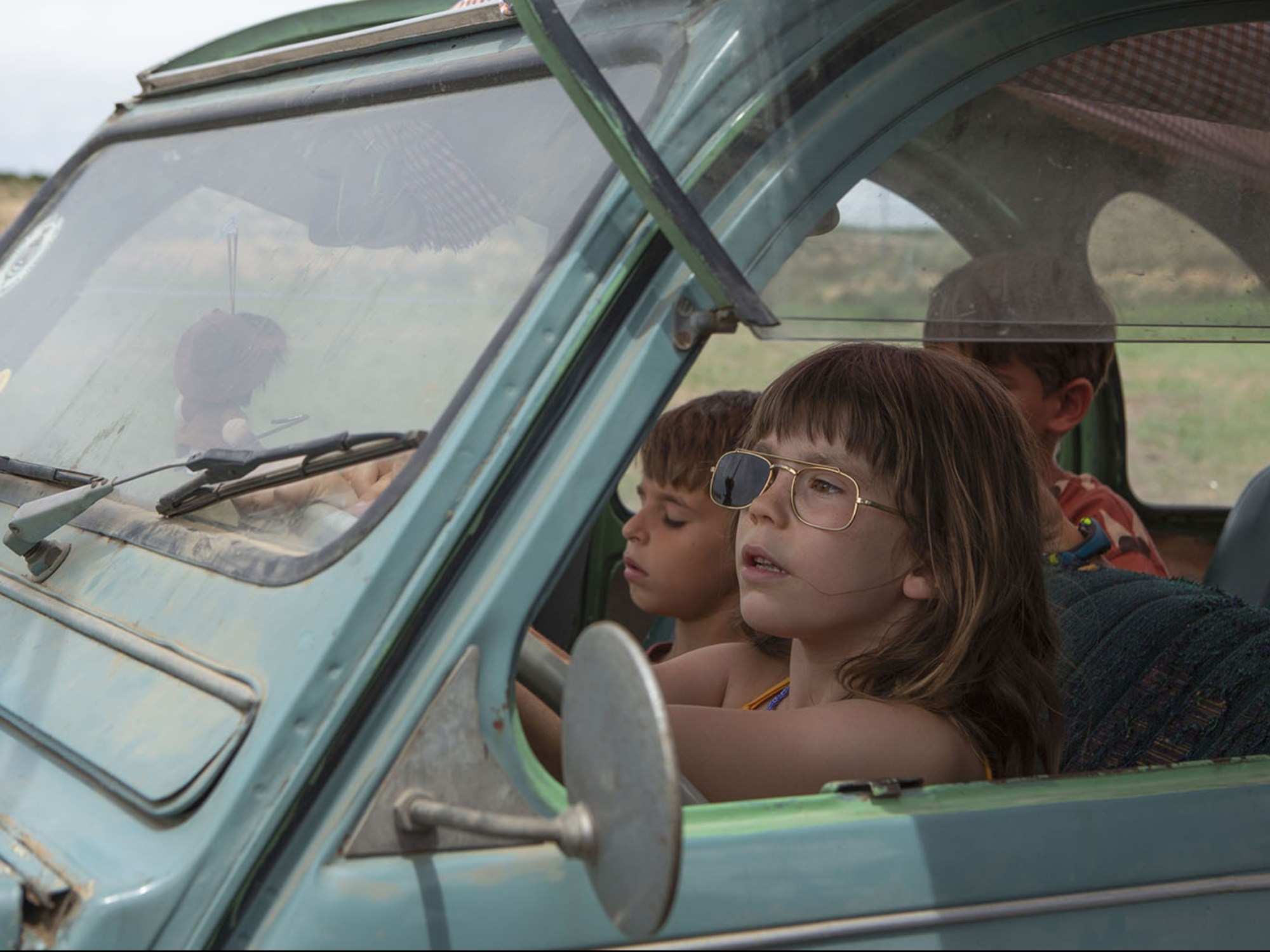
- Golden Globe Awards
Alcarràs (Spain)
Traditional agricultural methods have been facing a major crisis for decades. Failure to keep pace with the global trend to introduce modernity and mechanization in everything has exacerbated this crisis. Despite many difficulties, traditional farmers are trying to hold fast against infringements on their way of life and encroachments on farmlands which have decreased in recent decades, presenting a real danger to humans and to the environment.
Talented filmmaker Carla Simón embraces the cause of those farmers in her film Alcarràs, which she co-wrote with Arnau Vilaró. Alcarràs, a rural area in Catalonia, Spain, and the director’s casting of real farmers in the film, increases the sense of realism of the events. In the film, Simón has directed three generations of one family, all of whom are unprofessional actors. They move in front of the camera with a dynamism that gave the film real life in a way that makes the slow pace and the exaggerated calm – an element issue that could produce tension – easier to watch.
The film events start on a huge farm, where Quimet’s children are playing safely and calmly in the natural beauty of the setting; when they notice a huge crane that breaks into their farmland, they run to inform the family. We begin to understand the conflict that different generations family are facing. They have to fight to maintain the land, which their grandfather has rented and cultivated since the Spanish Civil War. Now, the land’s owner has surprised them by selling it to a solar energy company.
The director chose to use a solar energy company in the conflict in order not to provoke strong anger in the viewer because it’s a useful and environment-friendly project. She defended this choice at a press conference after screening the film at the Berlin International Film Festival this year. She said, “ultimately, it’s an encroachment on farmland that led to terribly decreasing its area.”
The new company comes with a giant backhoe to remove trees and clear the land to make way for solar farms. They ask Quimet (Jordi Pujol Dolcet) to accept the fait accompli or leave altogether, but he refuses. You think the conflict will flare up, but the director keeps her rhythm calm and monitors reality with a degree of contemplation that sometimes does not fit the nature of the expected conflict.
Alcarràs is Carla Simón’s second feature film. Her first film, Summer 1993, won many awards, including the Best First Feature Award at the Berlin International Film Festival in 2017. It was inspired by her childhood suffering after losing her parents, both of whom died of AIDS.
This year, Alcarràs won the Golden Berlin Bear Award, and Simón said it was also inspired by her family, who used to pick fruits in Alcarràs. It has been submitted to the Golden Globe Awards for Best Non-English Language Film consideration.